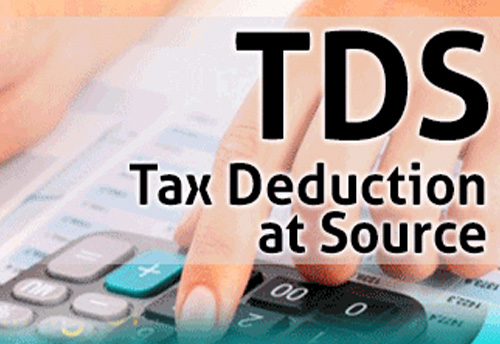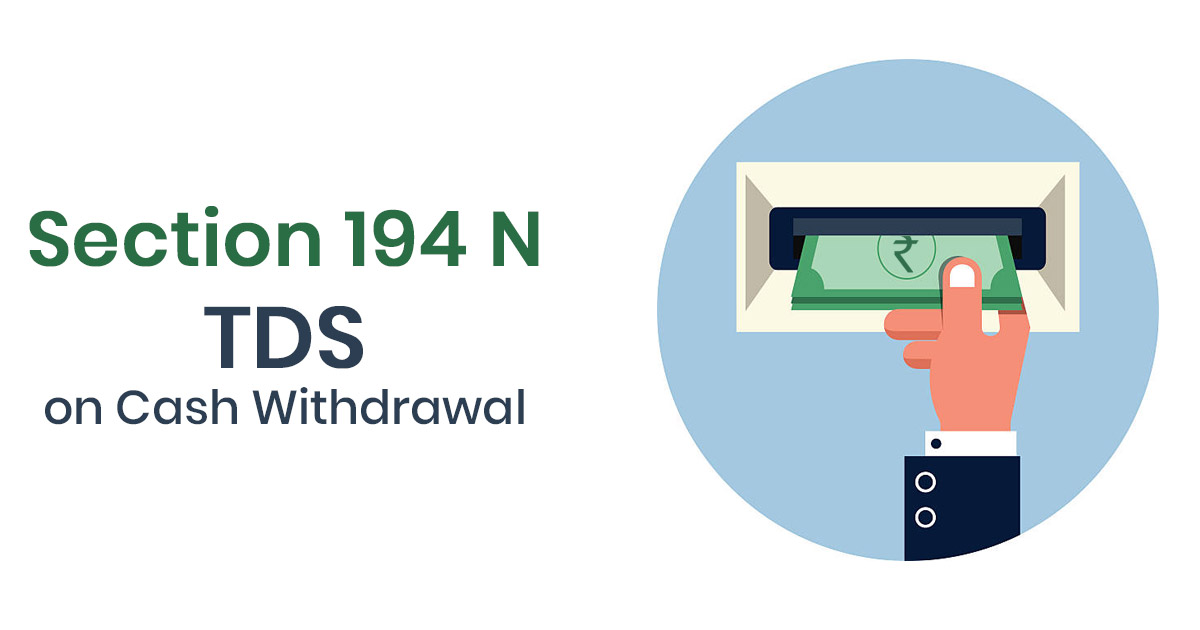
For the current fiscal year which has begun from April 1, 2021, non-declarants will face higher fines. The 2021 Finance Act recently passed by parliament has special provisions for tax relief from non-tax sources or non-filers of the income tax return.
After Section 206AA of the Income Tax Act, a new section 206AB(I) was added under special provisions. In addition to this, if there is no PAN, the deduction limit will be higher.

According to the budget of the Minister of Finance, this new TDS rule will take effect in July 2021. Therefore, it is proposed to add a separate section 206AB to the bill as a special clause to allow non-declarants to increase the TDS tax rate for non-filers income tax returns.
Similarly, section 206CCA is added as a special clause to the bill, to allow non-income tax filers to increase the TCS tax rate. The new provisions will apply to any person (referred to in this article as the deductee) to any income or amount paid, payable, or credited to a designated person.
The TDS tax rate should be higher than the following tax rate, that is, twice the tax rate stipulated in the applicable part of the Income Tax Act, or twice the existing tax rate, or at the rate of 5%.
To Whom The New Rules Will Apply
New regulations have been issued that allow individuals whose income is subject to TDS to submit their income tax returns. It will allow more individuals to submit ITRs and improve government accountability. The following individuals will be affected by the current regulations:
- Non-declarants filers who have paid TCS or TDS of Rs 50,000 or more in the past two years but have not filed an income tax return will be subject to the new regulations (ITR).
- According to the “Financial Law”, if the provisions of Section 206AA apply to a single individual, in addition to the provisions of this section, the tax shall be deducted at the higher of the two tax rates specified in this section206AA.
- Non-residents who do not have a permanent establishment in India are not subject to the new regulations.
The Nature Of The Payment To Which The New Regulations Apply
The new rules apply to various payment methods, including contracts, professional services, interest, rent, etc. However, this rule does not apply to transactions that require a maximum tax deduction. Therefore, the following matters are not included:
- Salary payment
- Early withdrawal of EPF
- Jackpots from any lottery or crossword or card games
- Bonuses received from any horse race
- Winnings from any horse races
- Securitization trust investment income
- TDS will be levied when cash withdrawals exceed Rs. 10 million.
In case PAN Is Not Provided in TDS

If the designated individual fails to provide the PAN to the payer, the TDS tax rate will be higher than the above-mentioned tax rate or 20%, except for failing to submit an income tax return before the due date. When deducting TDS for payments to specific individuals, current regulations allow the payer to check the following three points at a time:
- If the individual responsible for TDS has submitted tax returns for the previous two years.
- If the payee’s tax deduction in the first two years exceeds Rs. 50,000
- The deadline for submitting the original return has passed the first two years.
There is no need to deduct tax at a higher tax rate if the due date of the ITR is submitted at any time of the year. As a result, when the payer discovers these findings in the third year, the tax should be withheld from the source at the higher tax rate previously specified.
As a result, the TDS rate should be 5%, which is 2% higher than 2% of 1%. In addition to this, if an individual fails to provide his PAN to the payer, TDS will deduct the 20% tax rate from it, which is higher than the standard tax rate of 5% or 2%.
Reason To Introduce The New Section
According to the 2021 budget memorandum, section 206AA of the Act allows a higher TDS rate without PAN, which explains the reason for the new section. In contrast, according to section 206CC of the act, the TCS tax rate that does not provide PAN is higher.
Although these regulations have achieved the purpose of ensuring that different people obtain and provide PAN, the budget plan states that similar regulations are needed to ensure that those who have accumulated a reasonable amount of TDS/TCS submit an income report.
As a result, it is planned to introduce a new section 206AB in the act as a special clause to allow non-taxable income filers to increase the TDS tax rate.
According to the budget memorandum, it is also proposed to add section 206CCA to the bill as a special clause to allow non-tax-payers to obtain a higher TCS tax rate.
The new part will be extended to any amount, income or amount, amount due or credited by any person (referred to herein as the deductee) to the designated person.
It also claims that the regulation or provision will not extend to places where tax reductions are required under the specified sections such as 192, 194BB, 192A, 194B, 194LBC, or 194N of the Act.

What are Section 194N and 206AA?
According to Section 206AA, TDS will be levied on payments made to non-residents and residents without PAN. It was implemented in the 2010-11 fiscal year, and it allows any taxpayer with taxable income to provide its PAN to the taxpayer.
According to section 194N of the “Tax Law”, for taxpayers with a withdrawal of more than Rs 2 million, if the taxpayer has not filed a tax return for three years, TDS is required. According to this clause, if the withdrawal amount exceeds Rs 2 million, 2% of TDS will be deducted.




